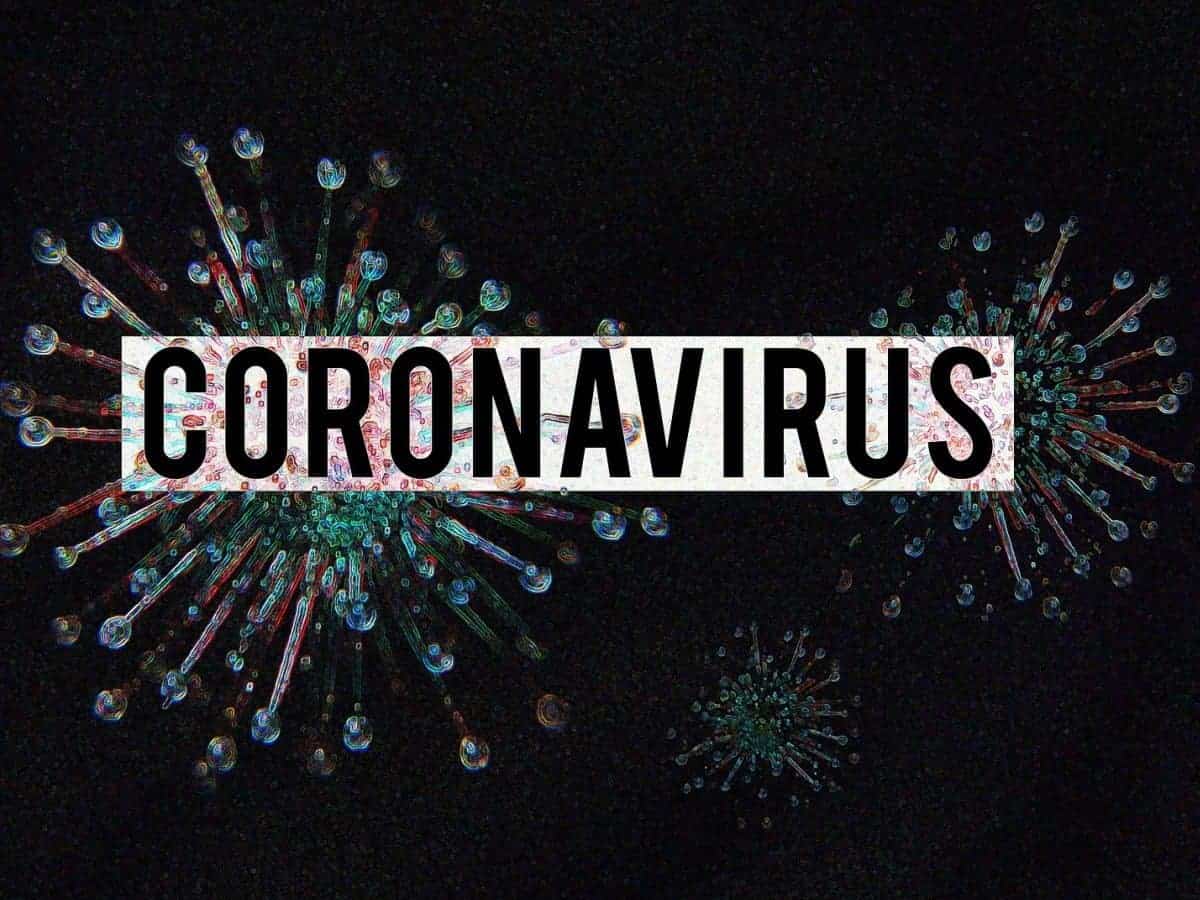Hyderabad: Imagining the Post-Coronavirus World” a Virtual International Conference organized by Auro University, Surat (India) partnering with The University of Hyderabad – an Institution of Eminence (India), Linnaeus University (Sweden) and The Scottish Centre for Tagore Studies (Edinburgh) on 2-3 May 2020.
The global coronavirus pandemic has sent shock waves across the world, affecting every sector. The novel COVID-19 pandemic will exacerbate, as signs indicate, unequal and precarious global conditions. The post-Coronavirus period will likely spell precarious times ahead for all. This ongoing historical moment calls for a new imagination. Possibly, the “good side of the coronavirus,” Noam Chomsky points out, “is it might bring people to think about what kind of a world do we want.” New methodological approaches and critical lenses from multiple disciplines are needed to analyse the ongoing turmoil and overcome this global crisis.
The two-day virtual International Conference on “Imagining the Post-Coronavirus World” discussed ways to reimagine a new world, a new future of humanity itself. The Conference, organized by Auro University, Surat (India) and coordinated by its Vice-Chancellor Rajan Welukar and School of Liberal Arts and Human Sciences faculty Dr Om Dwivedi, was partnered by the University of Hyderabad (India), Linnaeus University (Sweden) and the Scottish Centre for Tagore Studies (Edinburgh) deliberated on how to imagine and direct the imagination towards a different, perhaps, better world.
Pramod K Nayar, Dept of English, the University of Hyderabad, in his introductory remarks proposed a few of the themes that could serve as points of departure two ways or modalities of imagining such a world: the apocalyptic, and the transformational/redemptive, with the touches of “cruel optimism” tinging the latter.
The Conference hosted over 15 speakers representing multiple disciplines from all over the world. Speakers hailed from Denmark, Sweden, Finland, Scotland, India, the UK, Australia, Italy, France, Norway and the USA. Among them were Scott Slovic (Idaho), Janet Wilson (Northampton), Greta Gaard (Wisconsin-River Falls), Tabish Khair (Aarhus), Francoise Besson (Universite Toulouse-Jean Jaurès), Tereza Kuldova (Oslo Metropolitan) Rebecca Duncan (Linnaeus), Bashabi Fraser (Edimburgh Napier), Ankhi Mukherjee (Oxford). Representing other fields were journalists Zubair Ahmad (BBC) and Manoj Tripathi (Dainik Jagran), Archana Thakur (UGC), Srinivas Rao (Sahitya Akademi) and Shashi Tharoor.
It covered a range of themes: environment, education, surveillance, literature, economics, cultural studies, urban studies, geopolitics, globalization and social justice. Themes such as: the role of sci-fiction and the imagining of such a post-ecodisaster world, the role of the humanities, interspecies-worlding, Theory versus/and praxis, the normalization of peril, social iniquities that produce/compound disaster, the ‘return to Nature’, were discussed in the paper presentations and in the Q&As that followed in each session.
All panellists congratulated Auro University and the University of Hyderabad for the initiative and the conceptualizing of the Conference. Prof Rajan Welukar, VC of Auro specifically proffered, in his concluding remarks on 3rd May 2020, his gratitude to UoH’s Vice Chancellor for UoH being a knowledge partner, and for assistance in the planning.
The University of Hyderabad is proud to have been a knowledge partner in one of the largest, multinational academic gatherings on this topical subject.

